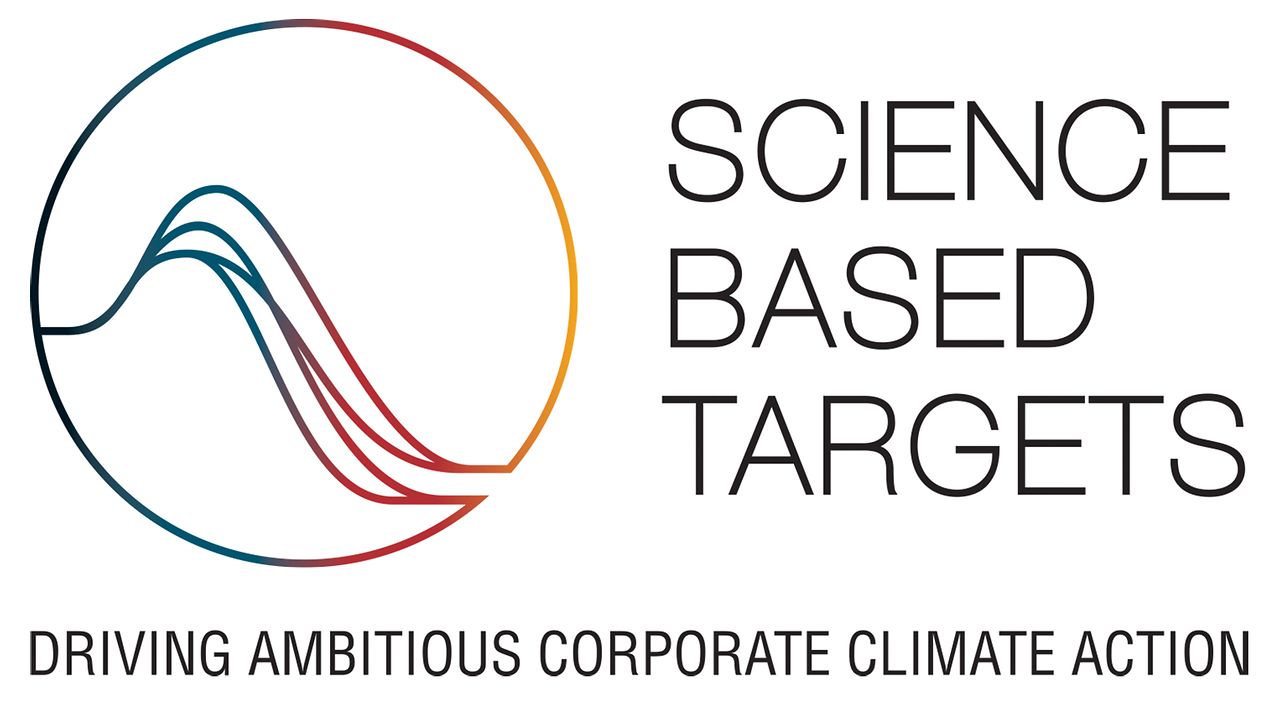Equifax Greenhouse Gas Emissions Targets Validated by the Science Based Targets Initiative
EQUIFAX EMISSIONS TARGETS HAVE BEEN VALIDATED by the Science Based Targets initiative (SBTi), a global body enabling businesses to set ambitious emissions reductions targets. SBTi is focused on accelerating companies across the world to halve emissions before 2030 and achieve net-zero emissions before 2050.
In
2021, Equifax made a commitment to net-zero greenhouse gas emissions
by 2040, disclosing the company’s greenhouse gas emissions
baseline data and a framework for a decarbonization strategy to
address its global operational footprint, including the company’s
supplier value chain. Equifax subsequently developed science-based
Scope 1, 2 and 3 emissions reduction targets in support of its
net-zero 2040 commitment. Under its target ambitions, Equifax has
committed to reduce absolute Scope 1 and 2 greenhouse gas emissions
54.6 percent by 2032, from a 2019 base year. Equifax has also
committed that 73 percent of its suppliers by spend, covering
purchased goods and services a nd
capital goods (Scope 3), will have science-based targets by 2027.
nd
capital goods (Scope 3), will have science-based targets by 2027.
SBTi has validated that the global operational footprint (Scope 1 and 2) target ambitions set out by Equifax are in line with the Paris Agreement 1.5°C goal. The 1.5°C-aligned target is currently the most ambitious designation available through the SBTi process.
“Strong sustainability practices are critical to building long-term innovation and value for consumers, our customers and our shareholders,” said Mark W. Begor, CEO of Equifax. “When we expanded our environmental, social and governance (ESG) disclosures in 2021, we committed to ongoing transparency in how we are advancing our ESG priorities across our day-to-day operations. As a global data, analytics and technology company, we are motivated to help drive more sustainable practices in our industry and beyond. Validation of our emissions targets by SBTi illustrates that we are taking decisive actions to enhance our sustainability.”
In addition to validation of emissions targets by SBTi, Equifax continues to hold itself accountable to ESG priorities in accordance with the Sustainability Accounting Standards Board (SASB) and Task Force on Climate-related Financial Disclosures (TCFD) frameworks. The company’s website provides regular updates on sustainability efforts, including annual reports against these frameworks and the annual posting of the Equifax Equal Employment Opportunity report.
Equifax sustainability commitments are overseen by the Governance Committee of the company’s Board of Directors and aligned to the company’s business strategy, as evidenced by the company’s move to the Equifax Cloud. The $1.5 billion investment in cloud transformation significantly reduces the footprint of on-site technology and data centers and leverages the enhanced energy efficiency of its cloud service providers. Between 2019 and 2022, Equifax decommissioned 19 data centers, and the company plans to maintain an aggressive decommissioning strategy.
“Our Equifax Cloud transformation is a great example of the alignment between our business strategy and our sustainability priorities,” said Bryson Koehler, Chief Technology Officer at Equifax. “From minimizing energy consumption with more efficient infrastructure utilization to replacing high-carbon physical machines with their virtual equivalents powered by renewable energy sources and eliminating e-waste, our cloud technology is driving long-term sustainability vs. our on-premise data centers.”
Learn more about Equifax commitments to ESG priorities here.